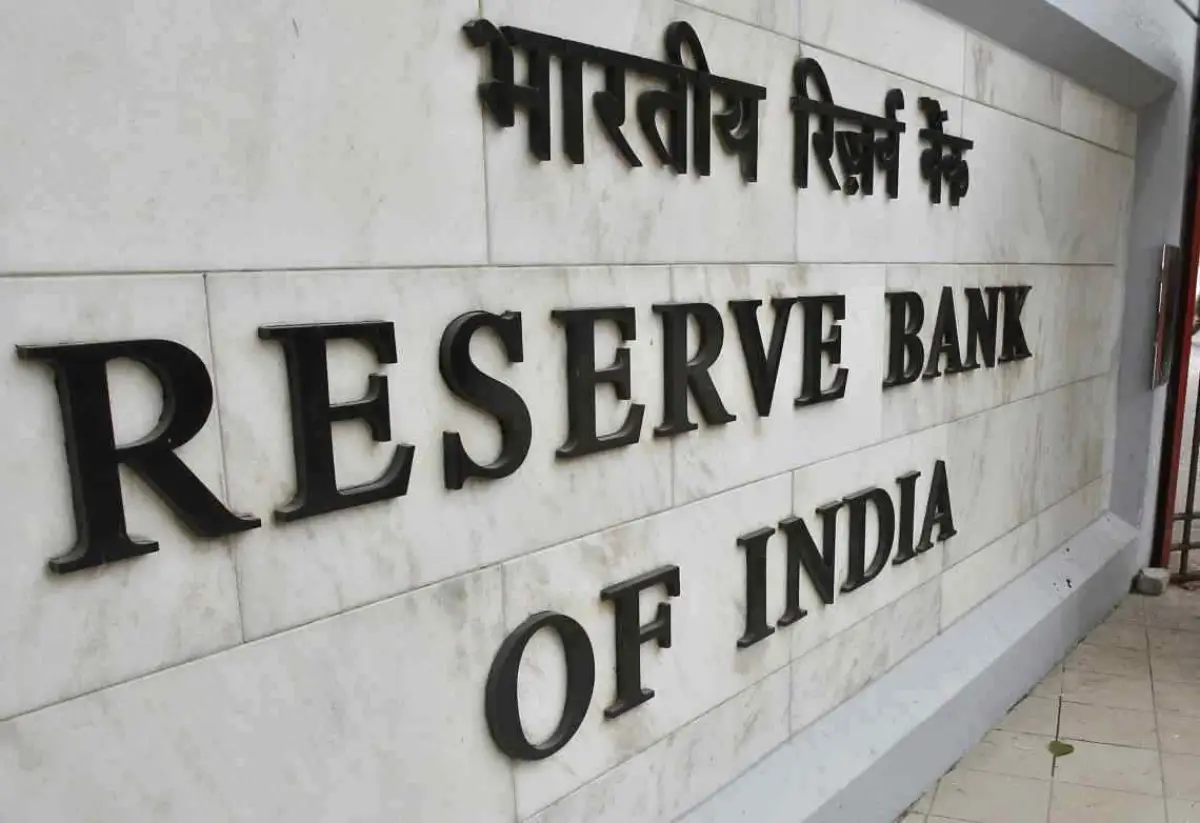
Safeguarding Reserves: RBI To Restrict Foreign Currency Deposits Via Remittances
India-West News Desk
MUMBAI – India’s central bank is moving to tighten its grip on how resident Indians send money abroad, with new rules expected to bar them from holding foreign currency deposits that have fixed terms or earn interest, two government sources informed Reuters.
These upcoming changes by the Reserve Bank of India (RBI) are designed to prevent the Liberalised Remittance Scheme (LRS) from being utilized to passively stash funds in time deposits or other interest-bearing accounts in foreign banks.
Reuters reports that this proposed tightening reflects India’s growing caution regarding the increase in outward remittances and its measured approach to achieving full rupee convertibility. Authorities are keen on safeguarding the nation’s foreign exchange reserves and managing potential currency fluctuations.
Currently, the LRS allows resident individuals to remit up to $250,000 per financial year for a range of legitimate purposes, including overseas education, travel, and investments in foreign equities or debt, as well as medical treatments. However, the RBI is concerned about the scheme being exploited for what it terms “passive wealth shifting.”
While discussions with the government are ongoing, the RBI’s intention is to ensure that individuals cannot make such deposits, even if they attempt to do so under different names to circumvent regulations.
The central bank’s data highlights a significant spike in deposits under outward remittances, jumping from $51.62 million in February to $173.2 million in March, a trend that has prompted the RBI to review its existing framework.



